Ukrainian President Volodymyr Zelensky on July 21 blamed the West for the delay in Kiev’s spring offensive, saying US and EU hesitation to provide heavy weapons and training to Ukraine had given Russia “more time than necessary” to strengthen its defenses.
These are just the first days
“We planned to start it (the counteroffensive) in the spring, but frankly, we didn’t do it because we didn’t have enough ammunition and weapons and we didn’t have enough well-trained brigades – I mean, well-trained in these weapons,” Zelensky said in a video address at the Aspen Security Forum (ASF) in Colorado, US, from July 18-21.
“Because we started counter-attacking a little bit later… it gave Russia time to mine all our lands and build some defense lines.”
Mr. Zelensky’s latest comments about Ukraine’s counteroffensive that began in early June to retake territories from Russian troops came just weeks after the Ukrainian leader publicly expressed dissatisfaction with NATO’s vague promise to his country of alliance membership, which cast a dark cloud over the NATO summit in Vilnius, Lithuania.
In a speech on the final day of the annual ASF international security forum, Mr. Zelensky also warned the West not to have too high expectations about the results of the counterattack.
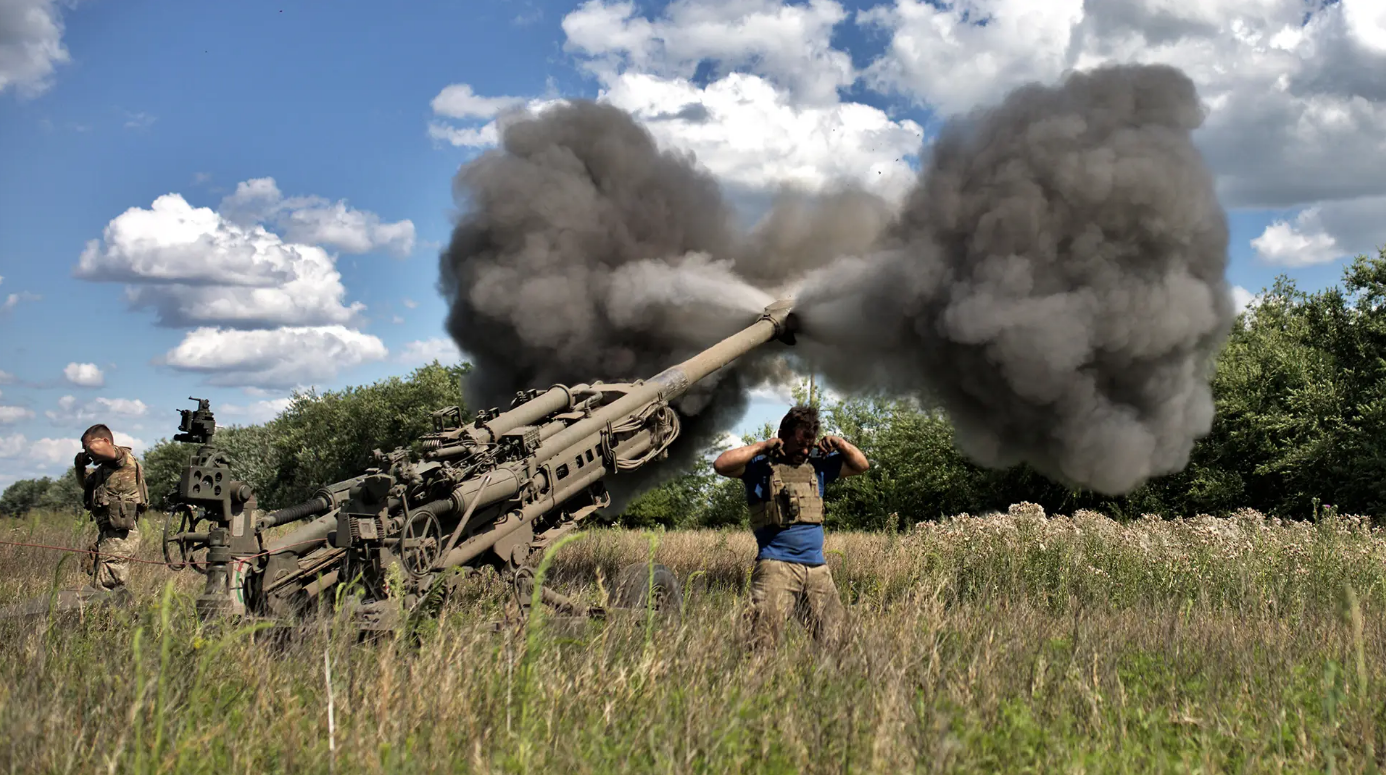
The White House confirmed on July 20, 2023, that Ukraine is now using cluster bombs on the battlefield “quite effectively” and that they have had an impact on Russian forces. Photo: The Drive
“Ukraine is not backing down. We are gradually liberating our territories, this is very important,” Mr. Zelensky said.
“However, I believe that we are approaching the moment when the relevant actions can be accelerated. I understand that it would be better to see victory come sooner. This is also what we want. But the question is what price this victory will come at,” the Ukrainian leader said. “So let’s not literally throw others under the tank. Let’s plan a counterattack as our analysts and intelligence suggest.”
US and European officials have sought to show they understand Ukraine’s efforts amid concerns on both sides of the Atlantic that US President Joe Biden and congressional leaders will back down from supporting Ukraine as the 2024 election season approaches.
“Look, these are early days. We said from the beginning, we knew from the beginning that this was going to be a difficult process,” US Secretary of State Antony Blinken said earlier on July 21. “The Russians have put in place serious, significant defenses with minefields. The Ukrainians are working their way through that. I believe they have what it takes to be successful.”
Waiting for real results
Much of the Western heavy weaponry arrived at the front lines much later than Ukrainian officials had initially hoped. German Chancellor Olaf Scholz, for example, refused to allow the delivery of Leopard tanks until Mr. Biden committed to delivering US-made Abrams tanks.
The lengthy negotiations over the Leopard only ended in January – weeks after France and Britain announced their respective decisions to supply NATO-designed light and heavy tanks, and nearly a year after Mr Zelensky began his “pleading” for tanks and other heavy weapons in preparation for the current clash with Russia.
Senator James Risch (R-N.Y.), ranking member of the Senate Foreign Relations and Intelligence Committees, argued that the United States has a “moral and strategic obligation” to support Ukraine under the Budapest Memorandum. The 1994 agreement saw Ukraine give up the vast nuclear arsenal it inherited from the Soviet Union in exchange for security guarantees from the United States, Russia, and the United Kingdom.
Mr. Risch said that President Biden's administration should have "armed Ukraine to the teeth" a year ago, instead of providing support in a trickle under the argument of preventing Russian retaliation.
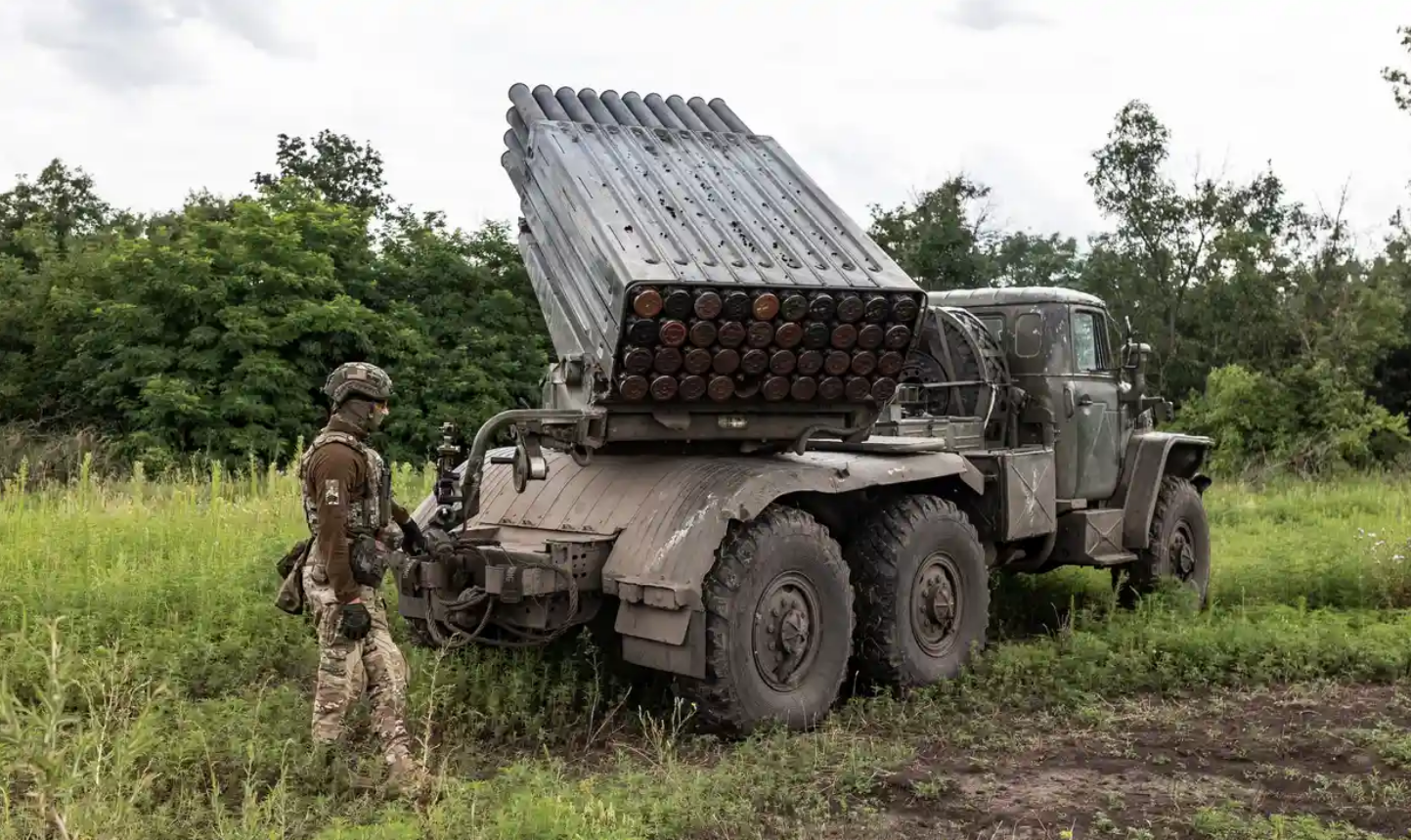
Ukrainian soldiers prepare to fire near the front line in Donetsk, July 21, 2023. Photo: Anadolu Agency
White House National Security Adviser Jake Sullivan dismissed the criticism. “We have been willing to take risks, and we will continue to be willing to take risks, to provide assistance to Ukraine,” Sullivan said.
“Every member of NATO and the United States has a responsibility to think about Russia’s response when we choose to do something because it’s important for our security and global stability. So let’s look at it and then make decisions accordingly. That’s the clear and systematic way we’ve been doing it when it comes to security assistance to Ukraine,” the US official argued.
Mr. Sullivan also defended the Biden administration’s approach, saying it still leaves Ukraine with strong potential to deliver a major breakthrough.
“Ukraine has a significant amount of combat power that they have not yet deployed, and they are trying to choose a time to bring that combat power into the fight, when it will have maximum impact on the battlefield,” Sullivan said. “And we are consulting closely with the Ukrainians on the terms of that. But ultimately, that is a decision that they will make, and it is at that point... we will see what the actual outcome of this offensive is likely to be . ”
Minh Duc (According to Washington Examiner, Reuters)
Source


![[Photo] Students of Binh Minh Primary School enjoy the full moon festival, receiving the joys of childhood](https://vphoto.vietnam.vn/thumb/1200x675/vietnam/resource/IMAGE/2025/10/3/8cf8abef22fe4471be400a818912cb85)




![[Photo] Prime Minister Pham Minh Chinh chairs meeting to deploy overcoming consequences of storm No. 10](https://vphoto.vietnam.vn/thumb/1200x675/vietnam/resource/IMAGE/2025/10/3/544f420dcc844463898fcbef46247d16)




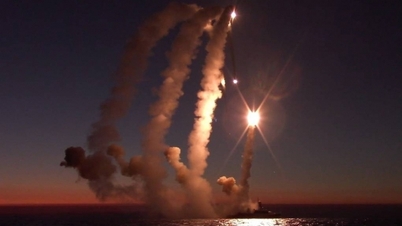

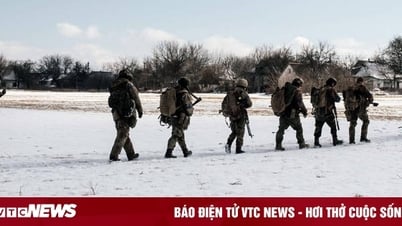


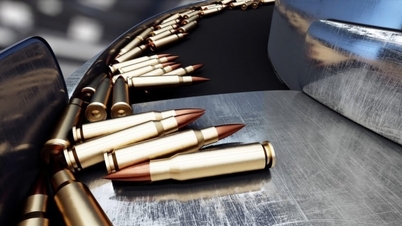
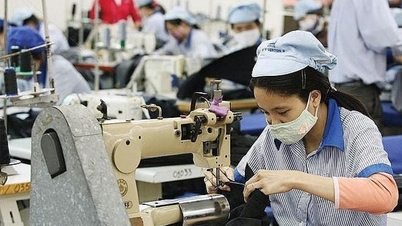


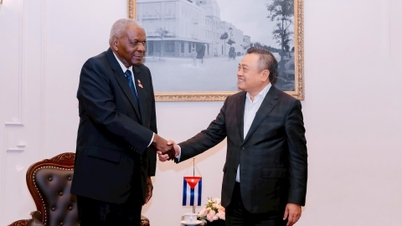
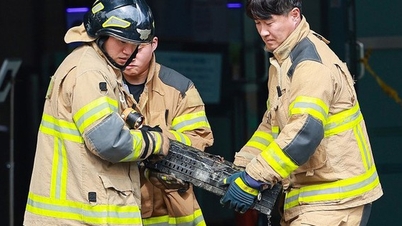

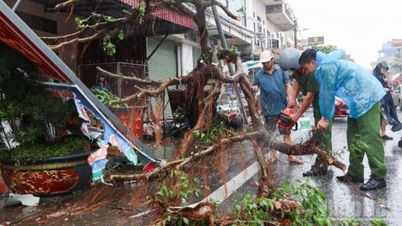
































































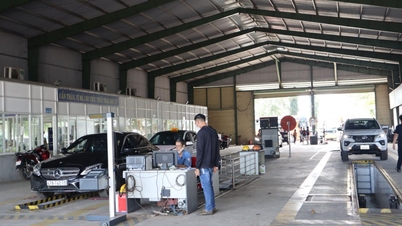
















Comment (0)